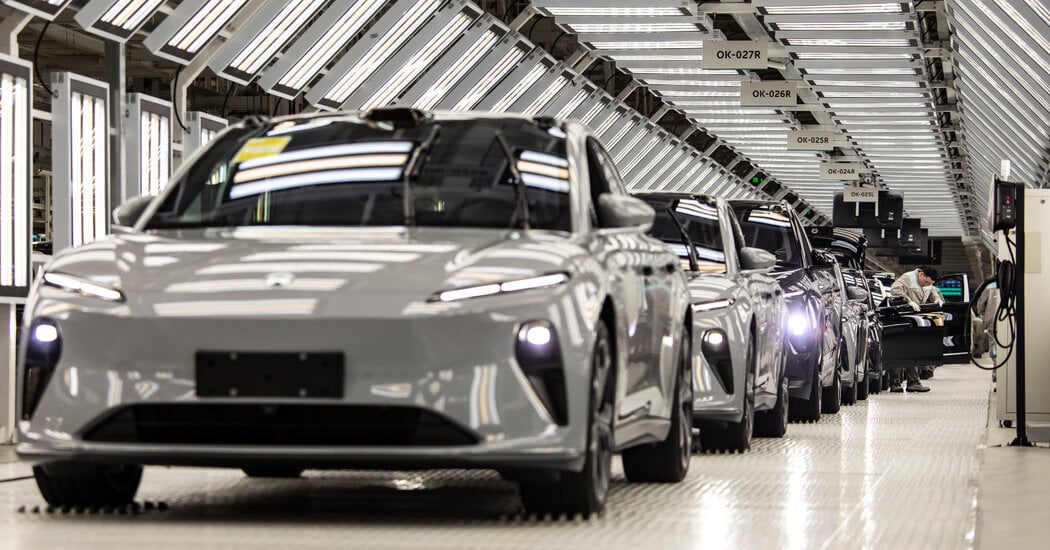- cross-posted to:
- [email protected]
- [email protected]
- cross-posted to:
- [email protected]
- [email protected]
Biden Calls Chinese Electric Vehicles a Security Threat::The president ordered an investigation into auto technology that could track U.S. drivers, part of a broader effort to stop E.V. and other smart-car imports from China.



Whenever I see anyone comparing |absolute| values of anything between China and other countries, I just automatically assume they aren’t thinking very hard. You realize it’s a country of a billion and a half people right?
Okay so you’re saying the US doesn’t stand a chance.
India has a billion and a half people too by the way. Where are India’s EVs?
They may be on the way, since India is already the 4th biggest economy in the world and growing fast.
https://www.worldbank.org/en/news/press-release/2023/10/03/india-s-growth-to-remain-resilient-despite-global-challenges
https://hbr.org/2023/09/is-india-the-worlds-next-great-economic-power
Can’t wait for sanctions against India, am I right?
Doesn’t stand a chance at what? Producing more cars than an industrialized country with 4x as many people? Yes I am. Would you say Canada “stands a chance” in that sense compared to the US?
The better question is: what benefit is a country getting for the stuff it makes and sells. GDP per capita is a useful measure because in theory it means every person is getting a larger slice of the country’s productive economic activity. Obviously reality is a lot more complex than that, but it’s certainly not helpful to be even more reductive and just ignore the population factor entirely.
I’m not sure OP is talking about the net distribution of profit though, they’re talking about gross market output. China can flood the EV market with cheap commodities, that’s bad news for American manufacturers because -as op said- they can’t compete. A lot of that is related to population, but that’s kind of irrelevant to the point op is making.